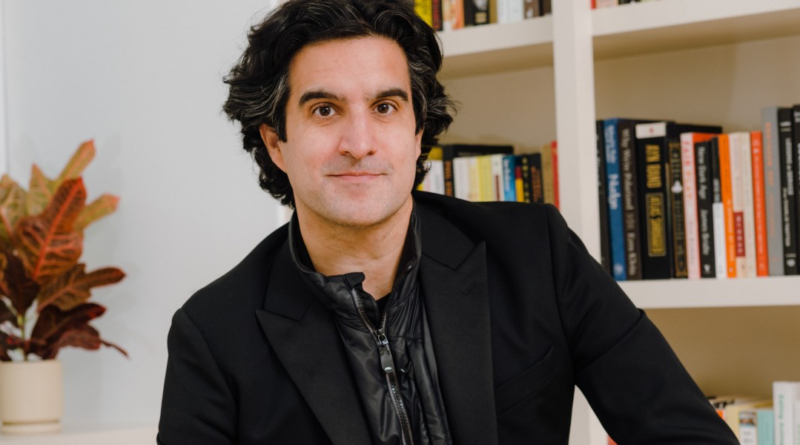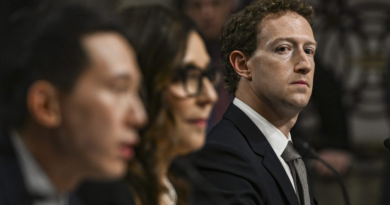Ask Andy: Can a company build a strong culture around remote work?
In this biweekly column, Andy Dunn—the founding CEO of Bonobos and Pie—offers advice on leading teams, building things, and surviving the startup life. Got a question for Andy? Ask it here.
How can you maintain and strengthen a company’s culture when the norm becomes that people work most of the week remotely? – Yossi Hazan
If you figure out how, let me know—because I was not able to.
We’ve rebooted my startup, Pie, as a five-day-a-week, in-person culture. The idea is to select for people who want to be together every day—and who believe their careers will accelerate with in-person experience.
While this might be a difficult or even ill-advised move for a later-stage startup or a larger enterprise, I think for some startups, particularly if they are pre-product-market fit, we can and should reconsider the in-office model.
Not three days a week. Five days a week.
And it is a societal imperative that at least some of us do this.
Our nation’s young people need to benefit from the mentorship and learning that can only come from being in the physical presence of the people they are learning from. When you’re working remotely, there is no feedback right after a meeting on a video chat. There is no sidebar in the hallway. There is no “let’s grab lunch or a beverage after work.” There is no “let’s get on the whiteboard.”
There is no in-room electricity.
Of course we don’t want to be back-to-the-office absolutists. Hybrid and remote work have created incredible opportunities for parents and caregivers, and for people with chronic health problems. They’ve unlocked incredible potential by giving startups access to wider talent pools.
These are important considerations. The 100% in-office option may not be right for many companies and many people. It might not even be right for most companies or most people.
But the point is this: We need options. We can’t ask every startup, at every stage, to optimize for remote work.
For us at Pie, we hope to earn the right to the possibilities by building something that can endure and scale. And the nucleus of endurance and scale comes from the way the early culture is set.
I am dubious that can be done easily with a remote or hybrid model for many. I will be curious to see how the cohort of over-valued startups that emerged during the pandemic with remote-native models perform.
Right now in my own work, I feel like a wooly mammoth who was frozen in amber for four years—and now that I again get to socialize, riff, give and receive in person feedback, whiteboard, high-five, I love work again.
I haven’t had this much fun in a long time.
My cofounder can be incredibly difficult: He is emotional and reactive, whereas I am the opposite. This can be draining, especially when we disagree on decisions. What are your best tips for building a strong cofounder relationship? – N.
I don’t buy that you are not emotional. All humans have…lots of emotions. The term emotional usually describes someone who wears more of those emotions on their sleeve, and whose energy—as it sounds like in this case—becomes a drain on others who are more stoic. (Two “emotional” people can also be a drain on each other.)
As for “reactive,” I’m not entirely sure what you mean? If your cofounder tends to overreact, that’s certainly a problem. I would hope that you are also reactive—to changing conditions on the ground, to feedback and missteps. To be adaptable, we have to be reacting quickly.
I think it’s worth interrogating: How would your cofounder describe you? Based on the way you describe him, I could imagine him saying you are “judgmental” and sometimes “superior.”
What I actually suspect is that your mechanism for making decisions is not good because you’re not communicating well—which you are both responsible for.
That said, I also suspect that your cofounder’s energy is taking a huge toll on you. And take it from me: I have been that co-founder. Almost every co-founder I’ve ever worked with has left. So I speak from a place of personal pain of not having gotten this right.
It is also okay, if it doesn’t improve, to part ways. But your courage in flagging this shows that you’re halfway to a solution. The next step is to look for the splinter in your own eye, take responsibility for that, and then come to the table with the best of questions, which is this one:
“I am struggling in our partnership. What do you think I can do better to improve it?”
And then, as a second step, consider seeing a co-founder relationship-therapy coach. Which, come to think of it, is a new business we should start.
Andy Dunn is the founding CEO of Bonobos and Pie and the author of Burn Rate: Launching a Startup and Losing My Mind.



